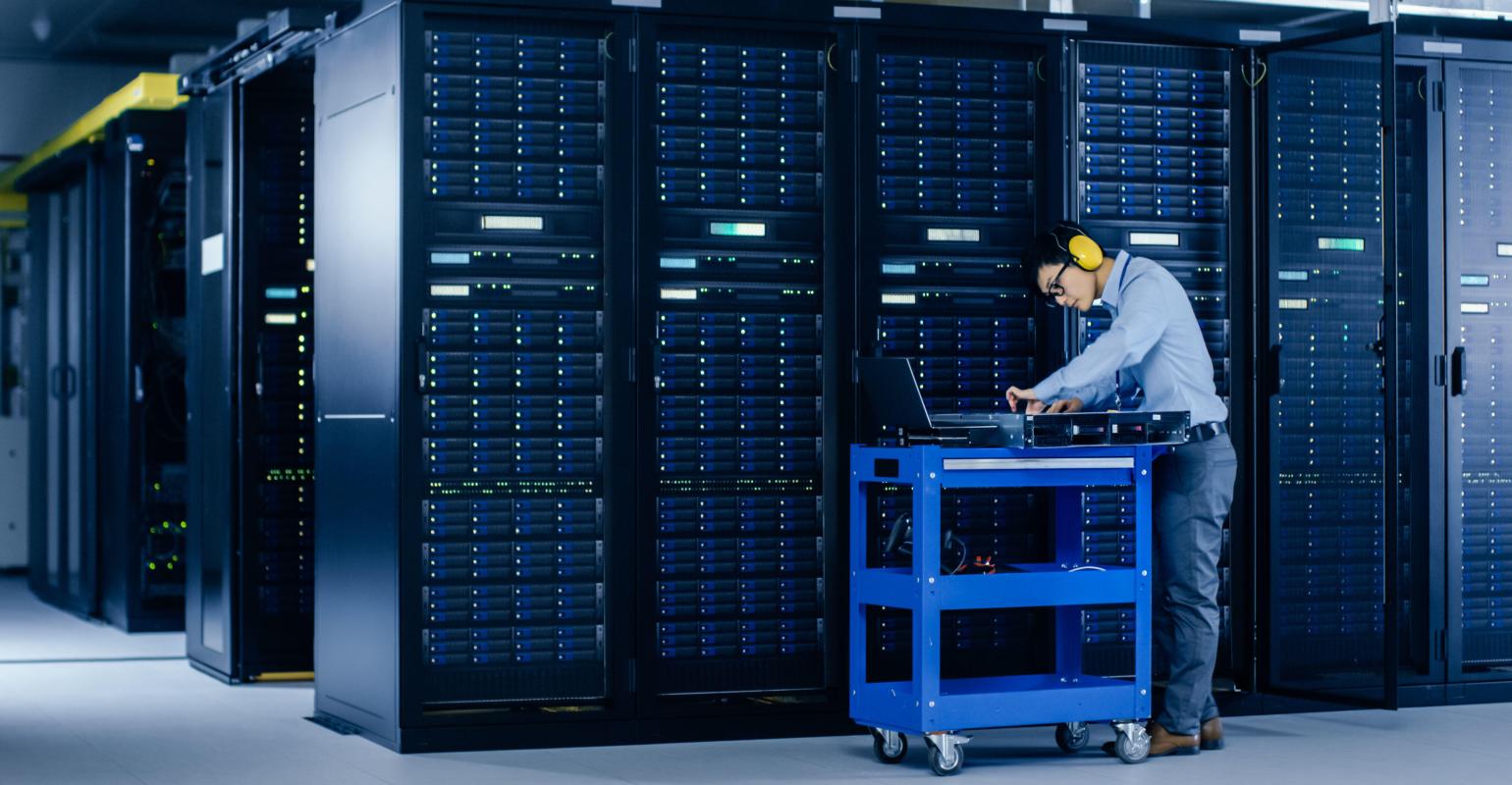Table of Contents:
- Introduction
- Network Security
- Automation
- Management of Users
- Redundancy of Systems
- Upgrading Systems
- 24/7 IT Support
- Installing and Migrating Systems
- Usage and Management of Virtual Machines
- Troubleshooting Technical Issues
- Ensuring Staff Cybersecurity Awareness
- Conclusion

In today’s digitally-driven world, the role of system administration has become increasingly vital for businesses of all sizes. PLC Secured Inc., a leading security company, offers comprehensive system administration services to ensure your company’s IT environment operates smoothly and securely. In this extensive guide, we will delve into the ten compelling reasons why your company needs expert system administration.
1. Network Security
Network security is the cornerstone of a robust IT infrastructure. System administrators at PLC Secured Inc. are dedicated to implementing, monitoring, and maintaining stringent network security measures. They employ advanced firewalls, intrusion detection systems, and robust encryption protocols to safeguard your company’s digital assets. In this section, we will explore the multifaceted aspects of network security, including its importance, common threats, and how system administrators effectively combat them.
2. Automation
Efficiency and productivity are essential in the fast-paced world of business. System administrators play a pivotal role in automating routine tasks, reducing manual errors, and saving valuable time. By implementing automation scripts and tools, they ensure that your systems are always up to date and running smoothly. In this section, we’ll delve into the world of automation, exploring its benefits, best practices, and how it streamlines IT operations.
3. Management of Users
Managing user accounts and permissions is a critical task that system administrators handle with precision. They ensure that employees have appropriate access to resources while maintaining the highest levels of security. In this section, we’ll explore user management in detail, discussing user provisioning, role-based access control, and the importance of keeping user permissions up to date.

4. Redundancy of Systems
Downtime can be costly for any business. System administrators are experts in setting up redundancy for critical systems, minimizing downtime in the event of hardware failures. We will delve deep into the concept of redundancy, exploring fault tolerance, load balancing, and disaster recovery strategies employed by system administrators to keep your business operational even in adverse conditions.
5. Upgrading Systems
Staying current with technology is crucial to maintain a competitive edge. System administrators meticulously plan and execute system upgrades, ensuring your company benefits from the latest features, security patches, and performance enhancements. In this section, we’ll discuss the significance of regular system upgrades, the challenges involved, and how system administrators mitigate potential risks.
6. 24/7 IT Support
Technical issues can arise at any hour, and having reliable support is paramount. With 24/7 IT support, system administrators are always on hand to tackle issues promptly, minimizing disruptions to your business operations. We’ll explore the importance of round-the-clock support, how it works, and the role of system administrators in ensuring a swift response to critical incidents.

7. Installing and Migrating Systems
Introducing new systems or migrating to different platforms is a complex process that system administrators excel at. They ensure a seamless transition, minimizing downtime and data loss. In this section, we’ll dive into the intricacies of system installation and migration, discussing best practices, risk mitigation, and how PLC Secured Inc. handles these crucial tasks.
8. Usage and Management of Virtual Machines
Virtualization technology offers numerous benefits, including resource optimization and scalability. System administrators are responsible for setting up and managing virtual machines, providing your business with flexibility and cost savings. In this section, we’ll explore the world of virtualization, discussing its advantages, various virtualization platforms, and how system administrators maximize its potential.
9. Troubleshooting Technical Issues
Inevitably, technical issues will arise, and system administrators are the experts in diagnosing and resolving them swiftly. We’ll delve deep into the troubleshooting process, exploring how system administrators identify and address technical issues, the tools they use, and how proactive maintenance reduces the likelihood of problems occurring.
10. Ensuring Staff Cybersecurity Awareness
A well-informed staff is your first line of defense against cyber threats. System administrators take the lead in educating your employees about cybersecurity protocols, reducing the risk of breaches due to human error. In this section, we’ll discuss the importance of cybersecurity awareness training, its impact on the organization’s security posture, and how system administrators facilitate this critical aspect of cybersecurity.

Conclusion
In this comprehensive blog post, we’ve explored the ten compelling reasons why your company needs expert system administration. PLC Secured Inc. stands ready to provide top-notch system administration services, ensuring your business thrives in the digital age. From network security to user management, automation, and 24/7 support, our team is committed to fortifying your IT infrastructure. Invest in system administration today, and watch your company achieve new heights of efficiency and security.



